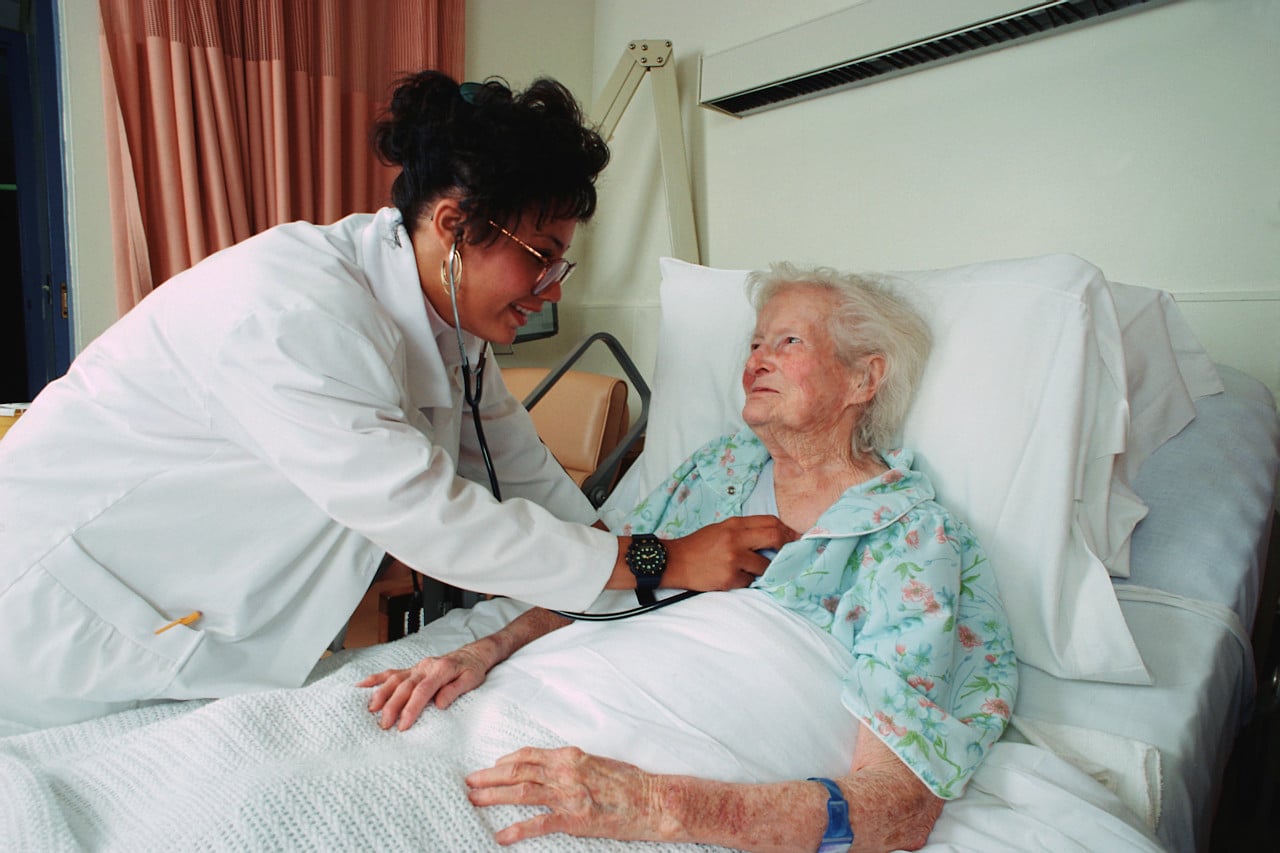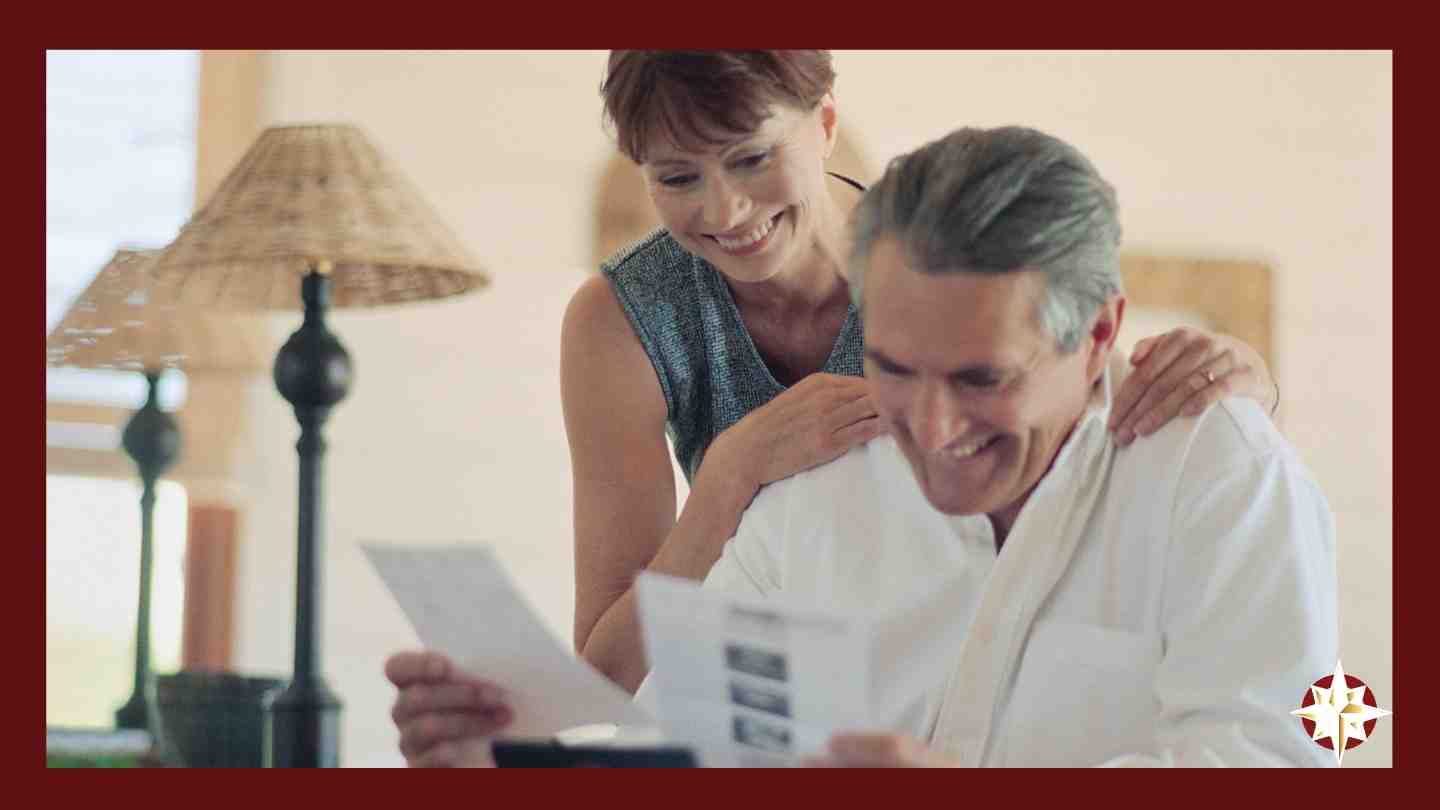It’s not uncommon for a caregiver to start their journey in a crisis when a family member gets a devastating diagnosis—like Alzheimer’s, cancer, or heart disease—that causes physical or cognitive restrictions on independent daily living.
Considerable’s recent article entitled “How family caregivers can use a Monday routine to reinvent self-care” reports that more than 34 million Americans are caring for a loved one over the age of 50.
Although many caregivers take on their role willingly, they may be forfeiting much needed time for self-care. These sacrifices can accumulate over time, since most caregivers spend an average of four years and 80-160 hours a month in their caregiving role. For individuals taking care of a person with dementia or Alzheimer’s, it can be double that with additional stress.
Creating a routine can give calm to caregivers. A program that is based on a healthy weekly routine is Caregiver Monday, part of The Monday Campaign’s nonprofit public health initiative.
Most caregivers have their regular routines drastically changed, when caring for a family member, This gives caregivers a feeling of a loss of control. When added to the inability to control the disease or disability that impacts loved ones, caregivers can suddenly feel overwhelmed with increased anxiety and chronic stress. This psychological state is called loss of locus of control and has two paths: (i) internal locus of control; and (ii) external locus of control. Caregivers can’t gain external locus of control over the situation or disease, but they can increase internal locus of control—that’s the response they have to these situations. Creating a new routine is part of reestablishing internal locus of control.
A routine can help caregivers cope with change, focus on healthy habits and decrease their stress. It can also help restore balance in a caregiver’s life. Monday gives us a natural refresh point, because it’s part of our cultural DNA. Monday is the start of the work week and the school week, so it makes sense that caregivers can use Monday as the start of a sustainable effort towards improved self-care.
Caregiver Monday provides self-care practices and promotion, and focuses on physical, emotional and social health behavioral change, by helping caregivers commit to weekly efforts. A 2019 survey of 1,000 adult Americans conducted by Data Decisions Group for The Monday Campaigns found that 64% of respondents said if they begin on Monday with a positive frame of mind, they’re more apt to remain positive for the rest of the week. Those surveyed reported they were also more likely to start exercise routines, eat healthier and make doctor’s appointments on Mondays.
Here are three ideas to begin a Caregiver Monday routine. Instead of the Monday blues, caregivers can use Monday as their personal “Fun Day,” to focus on themselves. Caregivers can:
- Follow Caregiver Monday on Facebook, Twitter, or Instagram for ideas every week on finding self-care practices.
- Get involved with the caregiving community on these social sites to feel less alone.
- Ask friends and family to assist with respite care to get a self-care break.
Even with the disruption and the distress, caregivers can use Monday to have a little fun. You can don your favorite color on Mondays or watch YouTube videos of baby animals (a scientific study shows that this can have a positive effect on mood and productivity). Most importantly, thank yourself with little self-care activities and be grateful you can be there for your family member every day.



